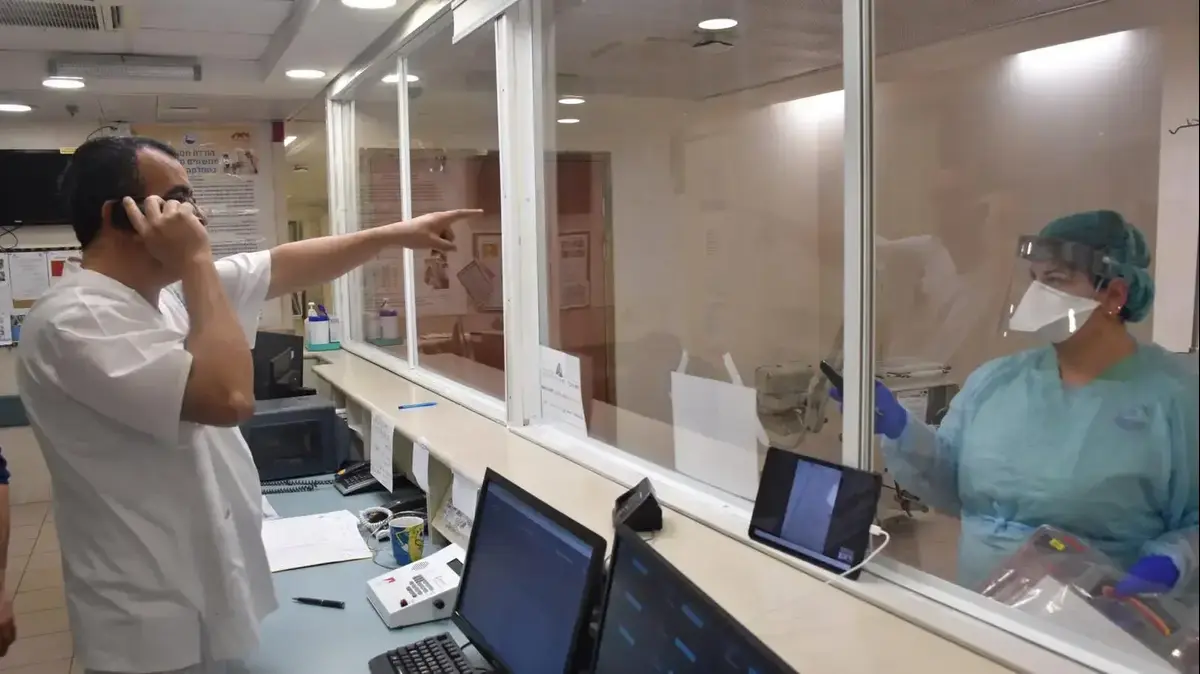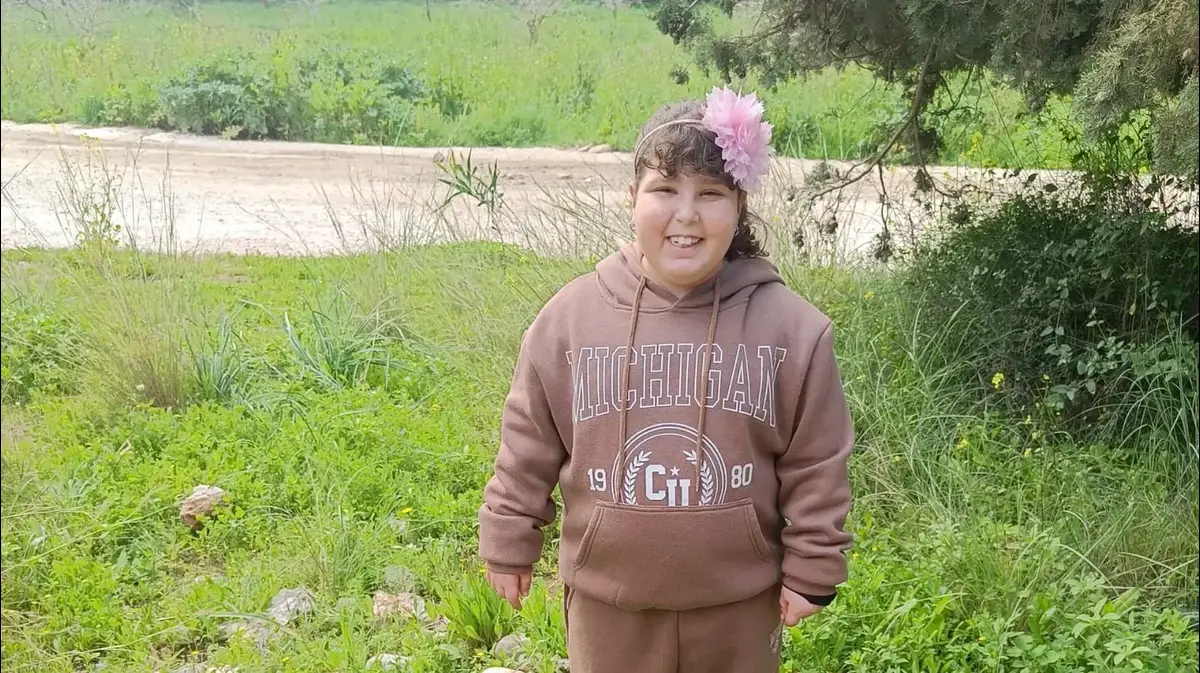"People lie in the hallway for hours and there is no answer": This is what the collapse of the health care system looks like from the inside
Pnina Kitai, a physiotherapist who worked for a decade at Poria Hospital, announced her departure and issued a scathing indictment against the state of the health system in the north, and in particular in the field of rehabilitation.
"I left because I could no longer bear the suffering. I felt I was paying a personal price."
Eli Ashkenazi
05/07/2022
Tuesday, 05 July 2022, 10:59
Share on Facebook
Share on WhatsApp
Share on Twitter
Share on Email
Share on general
Comments
Comments
"I'm leaving because I can no longer bear the suffering, the A. women lying in the hallway because the wards are full to capacity, the A. women waiting hours for the care team collapsing under the load" - this is how Pnina Kitai explains why she decided to leave her job as a physiotherapist for about ten Years in a public hospital.
In an interview with Walla!
Kitai recounted the letter and described ten years in which she and her physiotherapist colleagues, as well as all other medical staff, had to constantly face an increasingly difficult reality, until they were unable to provide the required treatment to anyone in need;
The congestion in the corridors increased;
The existing staff remains small and cannot provide a satisfactory answer;
There is a great shortage of beds;
And the workload does not even allow for a break.
She said that in her ten years of work she had seen the health system go through an ongoing process of starvation, the queues for tests had lengthened, and the number of hospital beds remained too small, "and in all this harsh reality," she said. A resident of the north does not receive what they receive in Ichilov and Sheba, for example. "
More on Walla!
Where is better to be hospitalized?
These are the hospitals that have received the highest ranking in Israel
Emergency medicine and emergency rooms in Israel - where are we headed?
The good side of "coalition budgets": Hospitals welcome "life-saving" equipment
The solution to knee pain is closer than ever - thanks to technology in the shoe
"I felt I was paying a personal price."
Pnina Kitai (Photo: Courtesy of the photographers)
Kitai, who has a master's degree, started working ten years ago at Poria Hospital near Tiberias.
In a conversation with Walla!
She described ten years in which she and her fellow physiotherapists, as well as the rest of the medical staff, had to constantly face an increasingly difficult reality.
She said that the team of physiotherapists she was part of was unable to provide the required treatment to anyone who needed it.
"There are not enough standards and it's not just in physiotherapy, hospital workers are collapsing under the workload. It is simply impossible to reach everyone and provide them with optimal care."
She noted that the familiar fact to everyone about the shortage of hospital beds also dramatically affects the quality of care, success and the patient's ability to return to normal functioning and life.
"Because there are not enough beds, people are sent home before completing their rehabilitation. In physiotherapy, this means a lot - a person who needs rehabilitation and does not receive it is a person who is in pain, has difficulty returning to work and his condition may worsen. For example, a person recovering from a hip crisis. "And being sent back to his apartment, on the fourth floor, may not recover or survive the recovery process, just because of inactivity. I know I sent people like that home because there was no place in the hospital."
"The state of medicine in the north is particularly bad"
According to Kitai, this reality has taken a heavy toll on her, which she can no longer bear.
"I realized this after I returned to work after the Khalat period.
"Suddenly I realized what reality I was working in," she said, adding that in the years before the Knesset, she probably went through a process that made her get used to this reality, but now the situation has changed.
"It suddenly hit me and I realized I was no longer able to see and carry it. I would come home at the end of a work day without strength and felt I was paying a personal price," she said.
Kitai mentioned that a new rehabilitation center is currently being built at Poria Hospital that will serve the entire north.
According to her, "this is a huge project that will improve the field of rehabilitation in the north."
But at the same time, she said that it is not enough to build the center and it remains to be seen whether the state will budget its activities as required, whether there will be enough hospital beds and enough manpower to give the proper care.
Thursday was Kitai's last working day at the hospital after ten years of work.
"I am leaving the place I had for the home, the staff I had for the family," she wrote, adding: "In nutritionists, in the auxiliary forces, in stretchers, in technicians.
news
News in Israel
health
Tags
physiotherapy
Fertile
Tiberias












